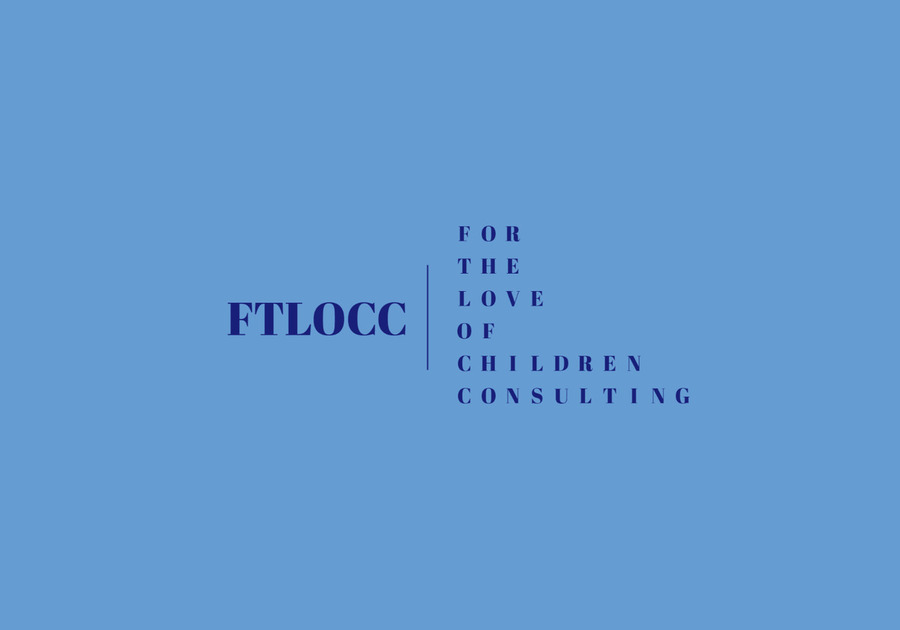How to Co-parent When Coparenting Isn’t an Option
When you think of co-parenting, what do you think of? Do you think of attending events together, having birthday parties together and celebrating your children together? Or do you think of high stress, drama, and arguments?
Collaborative co-parenting is very often seen as the only type of co-parenting, the type of co-parenting often seen circulating social media and in the movies. However, when emotions run high or you have an uncooperative parent, we can’t co-parent collaboratively. When we can’t co-parent collaboratively, and we are stuck in high conflict and stressful co-parenting, what do we do? How do we manage to find a way out of it?
When parents come to me for assistance, they are almost always practicing high-conflict co-parenting, and often not intentionally! When we deal with stressful situations involving our loved ones, and our children, we get emotional, our heart starts racing, and we can’t think straight. That is how the brain works, that is how we have come to protect our children during times of crisis and how our bodies react in times of crisis. However, there is an easy way we can get out of the loop of high-conflict co-parenting.
We must make the switch to parallel parenting. But what is parallel parenting, and how is it any different from collaborative co-parenting and high-conflict co-parenting?
Parallel parenting is the in-between of collaborative and high-conflict co-parenting. There are many different definitions for parallel parenting. The definition I share most often with my parents is Dr. Philip Stahl’s definition. Dr.Stahl defines parallel parenting as “the process of parenting next to one another because parents are unable to co-parent together”.
When we practice parallel parenting, we choose what we respond to and how we respond to it. We choose what we decide to discuss with our co-parent and what we choose not to discuss. We handle the day-to-day within our households, with minimal to no intervention from our co-parent. Each parent also provides their own items for the children. We parent within one home and our co-parent parents parallel to us in their own home, the lines do not cross unless absolutely necessary.
For children experiencing high-conflict co-parenting styles, parallel parenting can be very beneficial. When children experience high-conflict co-parenting situations, they may feel torn between two parents. The high stress experienced during exchanges or when parents communicate could cause anxiety for the children. Children experiencing high conflict co-parenting styles are most at risk for adverse childhood experiences, experiencing higher rates of neglect, abuse, and trauma. At times we must make the decision on when to make the change to protect our children and their overall well-being and mental health.
As parents, we often want to have a say in everything that has to do with our children. After all, they are our children. However, when we co-parent, we must understand that our children are also our co-parents’ children. Just as we have the right to parent our children how we wish, so do they, as long as it is not harmful to the children. This is not only limited to parents who are not together. Parents who are in a relationship must still find a way to co-parent cooperatively and allow each parent to parent their children.
When we practice parallel parenting, we still want to ensure we communicate important information to our co-parent in a timely manner and inform them of any illnesses or emergencies. To minimize conflict, we want to ensure we provide as much information as possible within our communication that will minimize questions, and therefore communication.
It’s okay to not have the co-parenting seen in the movies, as long as you have a co-parenting style that benefits your children and your family’s circumstances.
If you want to make the switch to parallel parenting, but you’re not sure how. We, at For the Love of Children Consulting, are always here to help.
*Parents who are co-parenting with their abusers, are experiencing domestic violence, and/or are Headstart parents are eligible for two free hours of any consultation service. We also offer financial assistance. Get more information here!



